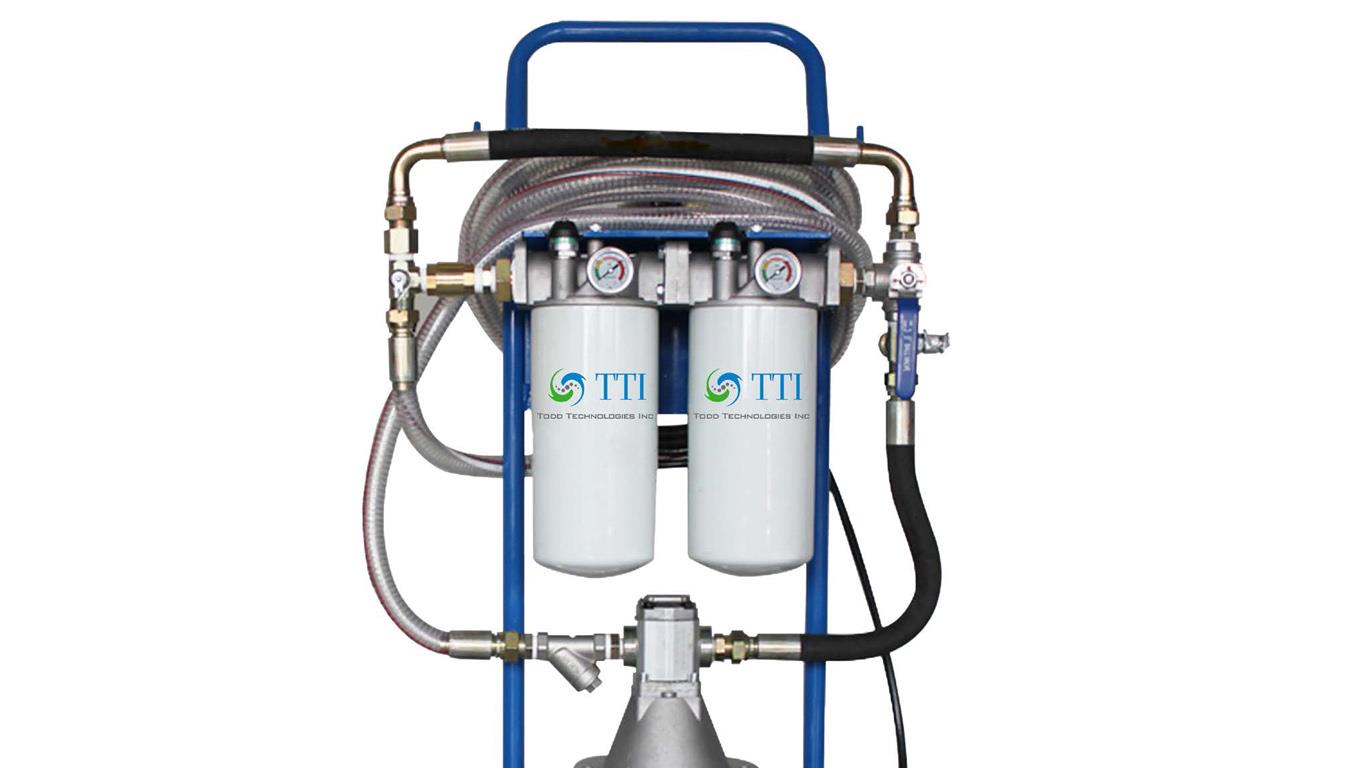
“What are the most important factors to consider when purchasing an oil filter?"
Because the market has a range of options and prices, choosing the right oil filter can be a challenge. Often, those who purchase oil filters base their choice solely on price, willing to sacrifice filter performance and longevity in the name of short-term savings. However, this is a mistake; cheaper filters are less efficient and need to be replaced more frequently. Although they are more expensive, high-quality filters last longer and are more efficient, saving money in the long term.
When presenting their products, filter manufacturers use terms like dirt-holding capacity, high-flow, and capture efficiency, all of which can be confusing if you are unfamiliar with such jargon. Ultimately, you will want to choose a filter based on the factors most important to you and your operations.
Here are some terms commonly used to describe oil filters:
- Flow rate — the amount of oil that can pass through a filter in a given period of time.
- Filter media— the material inside a filter used to capture contaminants.
- Dirt-holding capacity— the amount of contamination that a filter can hold before it becomes ineffective.
- Capture efficiency— a filter’s ability to capture and retain particles of a specific size; often expressed as a filter’s beta ratio.
Most filter manufacturers will run their products through a series of tests designed to capture particles of specific sizes. They measure the number of particles downstream of the filter and compare that to the total number of particles that were originally introduced during the test. The result of the testing is displayed as the beta ratio at a given micron size. A filter with a beta ratio of 75 or greater is considered an absolute filter (it is capturing particles of the given size at a rate of 98.7%), where a filter capturing at 90% or less would be considered a nominal filter (a beta ratio of 10 or less).
When selecting a filter, it is essential to consider the application and the fluid with which the filter will be used. For systems like turbines and hydraulics, which require a cleaner lubricant, a higher-quality filter should be sought. For example, a hydraulic system’s specifications might call for a 4-micron filter with a beta ratio of 2,000 — this means that the filter can remove 99.95% of 4-micron particles.
Even with all of the above considered, there are still more unique factors that may play a role in your specific filter needs. Once you’ve determined the most critical factors for your application, you can talk to your vendors for help or to see what they can offer.




